Camille Dungy Asks What Do Writers Do All Day?
PW-funded poet Camille Dungy blogs about the daily life of writers and the role Poets & Writers' Readings/Workshops program plays in that life. Dungy is a professor in the Creative Writing Department at San Francisco State University. She has published three collections of poetry—Smith Blue (Southern Illinois University Press), winner of the 2010 Crab Orchard Open Book Prize; Suck on the Marrow (Red Hen Press); and What to Drink, What to Leave for Poison (Red Hen Press).
 If you are reading this post you may be interested in understanding more about the life of the writer. What is it we do all day?
If you are reading this post you may be interested in understanding more about the life of the writer. What is it we do all day?
I'll tell you: We answer questions.
That's about all we do. We see something and we ask a question about it, and then we write towards our best answer to that question. Or, someone asks us a question, and we don't know the answer right away, and we write toward our best answer. Or we get angry, or sad, or irrationally happy, and we want to work our way away from or back into that emotion. Did JFK really love Jackie? What color would you say is prominent in that sunset? Why don't they understand climate change isn't a joke? We wouldn't be writers if we didn't live with a stockpile of questions awaiting our response. What was she thinking when she drove away from that job? What was she thinking when she drove into the valley. What was she thinking? What?
The Poets & Writers Readings/Workshops program is all about helping writers. When P&W co-sponsors a program, community arts organizations kick in a portion of a reader's fee and then P&W matches that sum. Have you ever wondered what was in those white envelopes people hand to workshop facilitators at the end of a seminar? I'm telling you the secret now: At the end of every Poets & Writers co-sponsored program, writers receive a check stapled to a questionnaire printed on salmon-colored paper and an envelope in which to return the questionnaire. P&W asks writers a slew of questions, and they encourage them to write their answers down.
Questions, questions, questions. These are what we writers dream of all day.
The front side of the questionnaire is easy. Did you get paid? How many people attended the event? Your audience was made up of people representing what ages, ethnicities, etc.? Were your books sold? Was the publicity acceptable? Would you work with these people again? One-word answers can suffice: yes, 5049, mixed, yes, yes, yes. There is no room for elaboration on that first page.
But that's one of the most important things writers do all day, we have to develop elaborate answers. Writers read more into the world than is immediately evident. Vanilla ice cream only has to be plain if you do not push yourself to taste the nuances of the vanilla bean, the variations in the consistency of the cream, to feel the coldness on your inner cheek, and conceptualize the heat transference that made the bite you just took melt over your tongue. Do I like vanilla ice cream? Yes, I could write. Or I could write much, much more.
So, it's generous that Poets & Writers, as part of their mission to support writers, provides a second page on their questionnaire with a series of complicated questions requiring elaboration: Describe the event, including the event program and the audience response. How effective was the sponsoring organization in presenting this event? Are there ways the organization could better assist readers or workshop teachers? What was the impact of receiving support from Poets & Writers on your experience of this event, your career as a writer, your relationship with your audience, etc?
If I could figure out really good answers to these questions, I could write a whole book.
That's what we do all day as writers. We ask ourselves, how am I going to write a whole book? Then we go looking for answers.
Photo: Camille Dungy. Photo credit: Marcia Wilson/Wide Vision Photography.
Major support for Readings/Workshops in California is provided by The James Irvine Foundation. Additional support comes from the Friends of Poets & Writers.





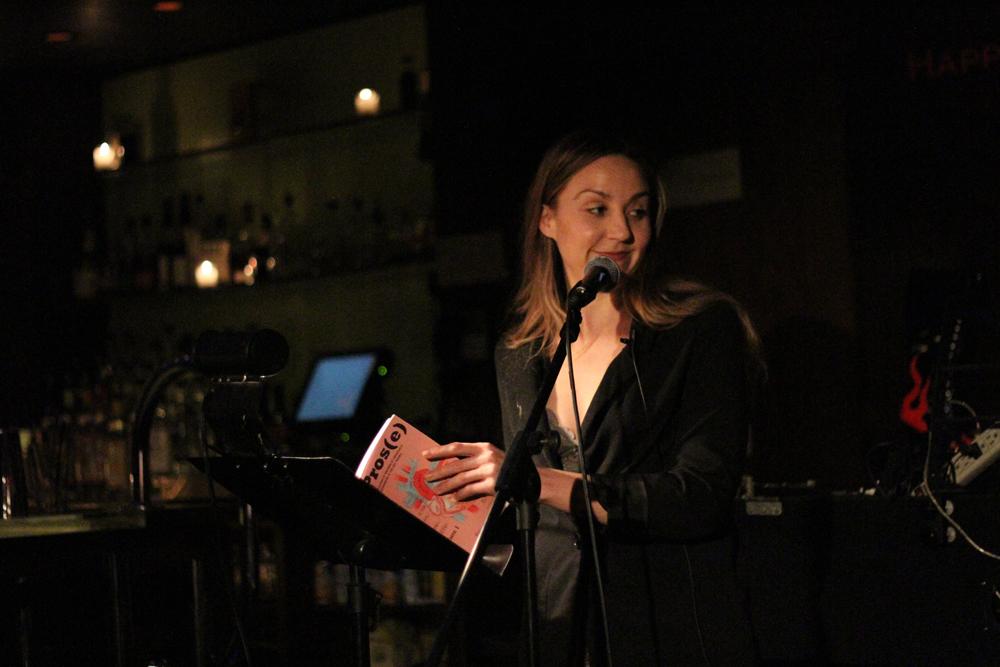 When people with no experience or personal knowledge hear the phrase “sex work,” one media misrepresentation may spring to mind: Julia Roberts in a cut-out mini dress and patent leather knee-high boots or—just as bad—that floor-length red velvet gown.
When people with no experience or personal knowledge hear the phrase “sex work,” one media misrepresentation may spring to mind: Julia Roberts in a cut-out mini dress and patent leather knee-high boots or—just as bad—that floor-length red velvet gown.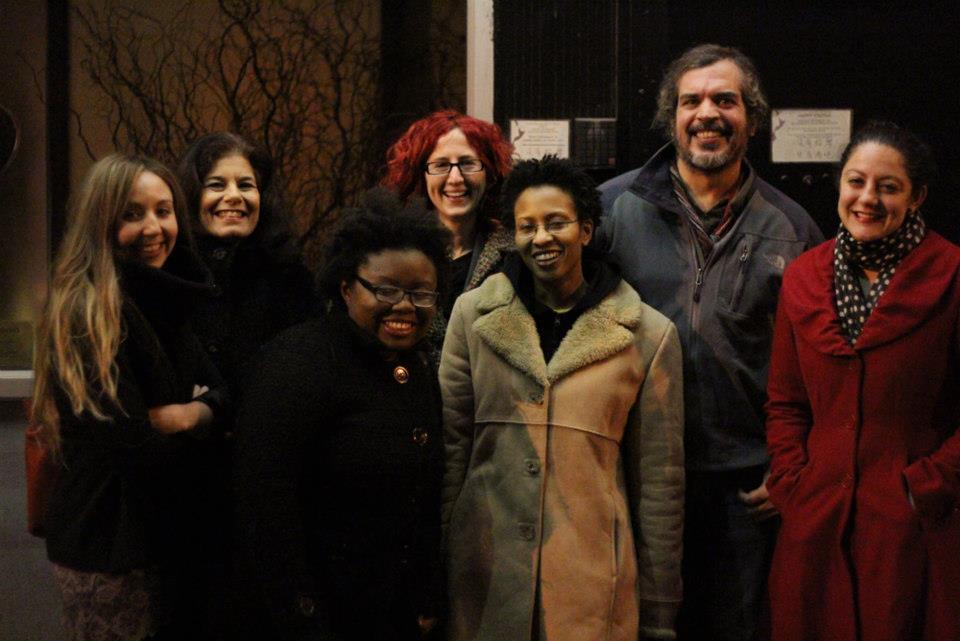 In 2010, I lost my job as a public elementary school teacher after it was discovered that I was writing and speaking about my past experience moonlighting as a call girl on Craigslist while earning my masters in creative nonfiction from the New School. Since losing my job, I have dedicated myself to the task of changing people’s negative perceptions of current and former sex workers by continuing to tell my story in all its richness and by teaching other individuals with minority experiences to tell theirs.
In 2010, I lost my job as a public elementary school teacher after it was discovered that I was writing and speaking about my past experience moonlighting as a call girl on Craigslist while earning my masters in creative nonfiction from the New School. Since losing my job, I have dedicated myself to the task of changing people’s negative perceptions of current and former sex workers by continuing to tell my story in all its richness and by teaching other individuals with minority experiences to tell theirs.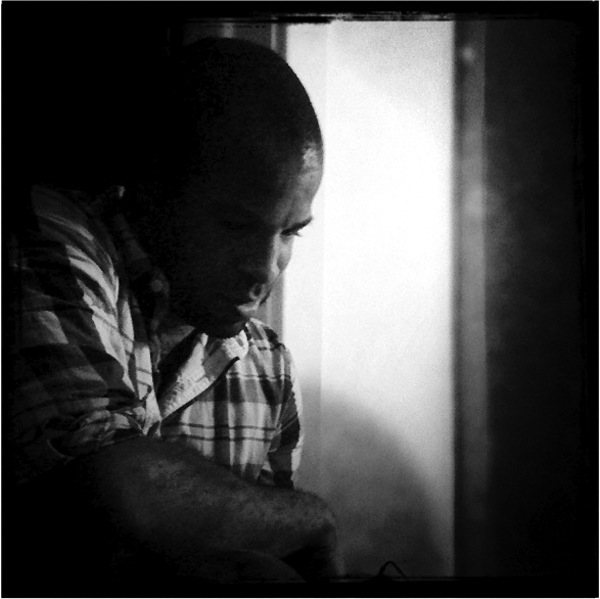 Back in April, I had a Skype exchange with poet/activist John Pluecker and a poetry group he led at
Back in April, I had a Skype exchange with poet/activist John Pluecker and a poetry group he led at 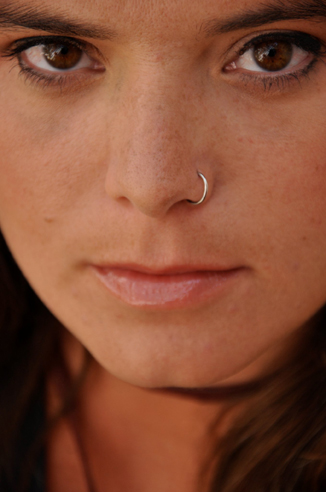 What makes your organization and its programs unique?
What makes your organization and its programs unique? 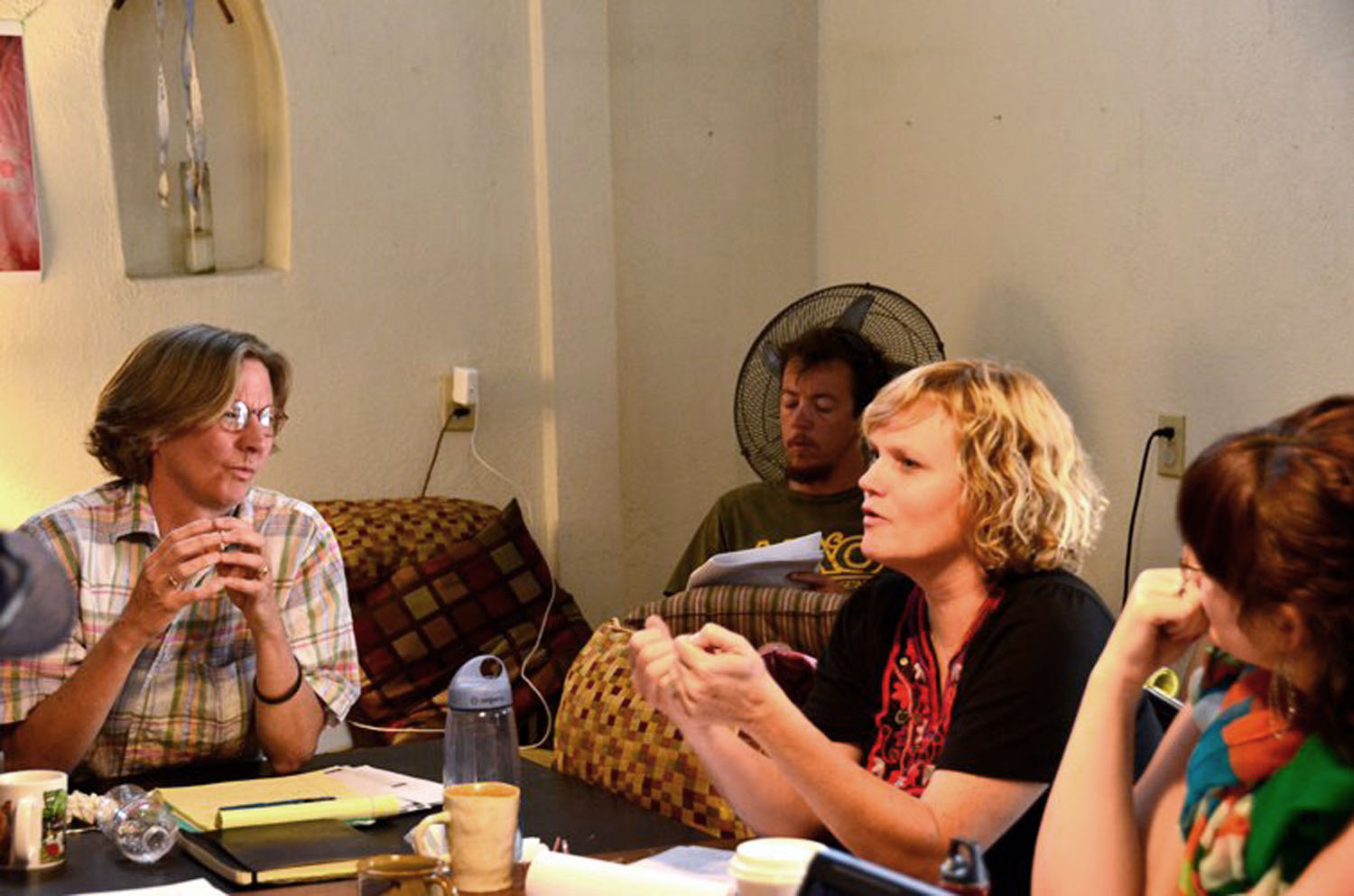 How do you find and invite writers?
How do you find and invite writers? 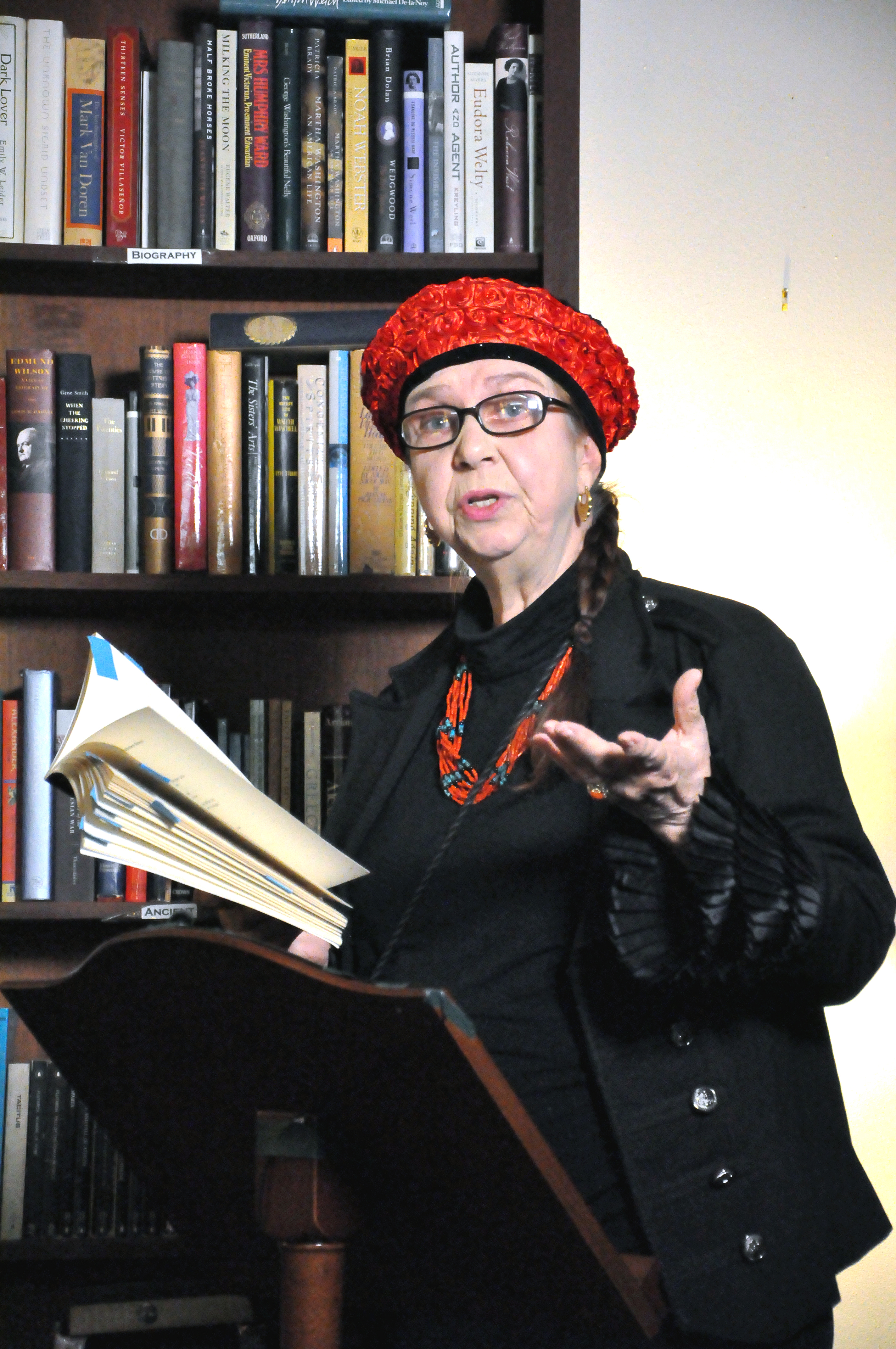
 If you want to read the best poems by a poet who’s been struck by lightning at least twenty-two to twenty-three times, and you have $3.94 (three dollars and ninety four cents for a handsomely produced 192 pages!),
If you want to read the best poems by a poet who’s been struck by lightning at least twenty-two to twenty-three times, and you have $3.94 (three dollars and ninety four cents for a handsomely produced 192 pages!), 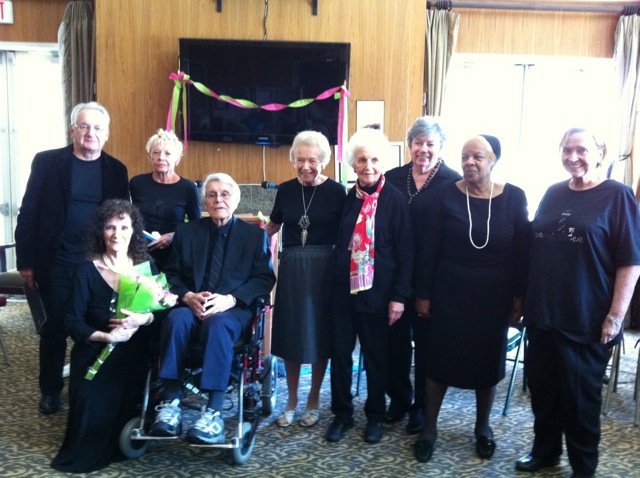 On November 7, 2012, the morning after Barack Obama was elected for his second term as President, my co-worker Andrew Wessels and I made the hour-long drive across the sprawl of Los Angeles, from the Westside to the
On November 7, 2012, the morning after Barack Obama was elected for his second term as President, my co-worker Andrew Wessels and I made the hour-long drive across the sprawl of Los Angeles, from the Westside to the 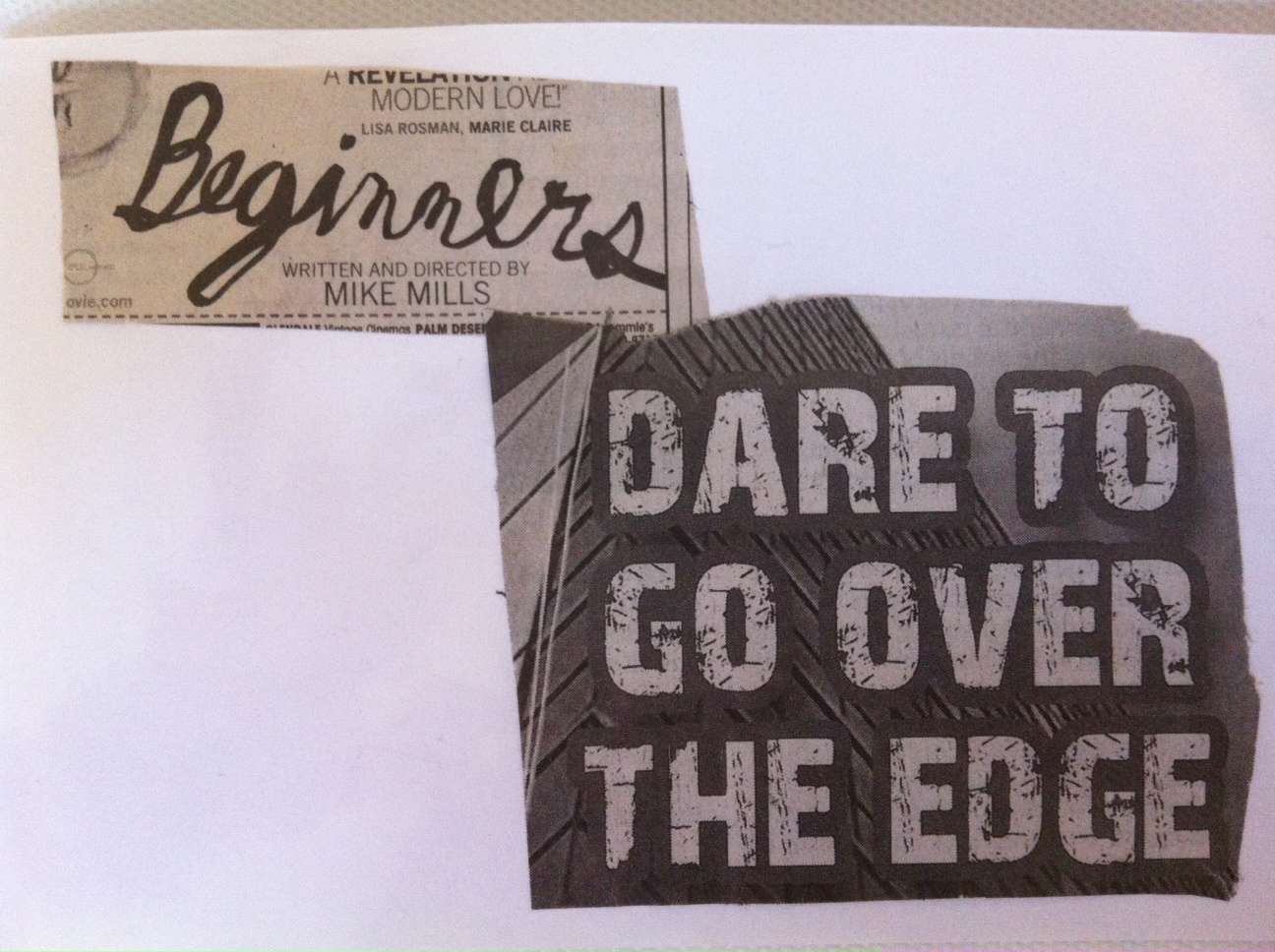 The most senior member, 90-year-old Karolyn Merson, said of the workshop: “I came here and just blossomed out. It ignited my life.” Later, Merson passed around her chapbook full of astute and often humorous haiku, as well as a booklet of collaged found poems culled from the pages of the Los Angeles Times.
The most senior member, 90-year-old Karolyn Merson, said of the workshop: “I came here and just blossomed out. It ignited my life.” Later, Merson passed around her chapbook full of astute and often humorous haiku, as well as a booklet of collaged found poems culled from the pages of the Los Angeles Times. From October 11 to 14, about fifty other poets and I participated in the Dodge Poetry Festival in Newark, New Jersey. I’d been once before, in 2000. It’s held at the gleaming New Jersey Performing Arts Center and other venues close by. On Friday, October 12, High School Student Day, Prudential Hall was filled to capacity with 2,800 students and teachers, mostly from New Jersey and other nearby states. I did meet one couple, both teachers, who drove sixteen hours straight from Gainesville, Georgia, in a van with a bunch of their students. I feel special respect for teachers, especially public school teachers. They’re overworked, undervalued, and immensely important. The Georgia teachers were operating above and beyond the call of duty. A high school teacher once said to me after a reading at her school: “You performed a miracle.” I said: “How? Because the kids didn’t throw hockey pucks at me?” She said: “No, at one point you held the entire assembly totally silent for twenty-seven consecutive seconds.”
From October 11 to 14, about fifty other poets and I participated in the Dodge Poetry Festival in Newark, New Jersey. I’d been once before, in 2000. It’s held at the gleaming New Jersey Performing Arts Center and other venues close by. On Friday, October 12, High School Student Day, Prudential Hall was filled to capacity with 2,800 students and teachers, mostly from New Jersey and other nearby states. I did meet one couple, both teachers, who drove sixteen hours straight from Gainesville, Georgia, in a van with a bunch of their students. I feel special respect for teachers, especially public school teachers. They’re overworked, undervalued, and immensely important. The Georgia teachers were operating above and beyond the call of duty. A high school teacher once said to me after a reading at her school: “You performed a miracle.” I said: “How? Because the kids didn’t throw hockey pucks at me?” She said: “No, at one point you held the entire assembly totally silent for twenty-seven consecutive seconds.”